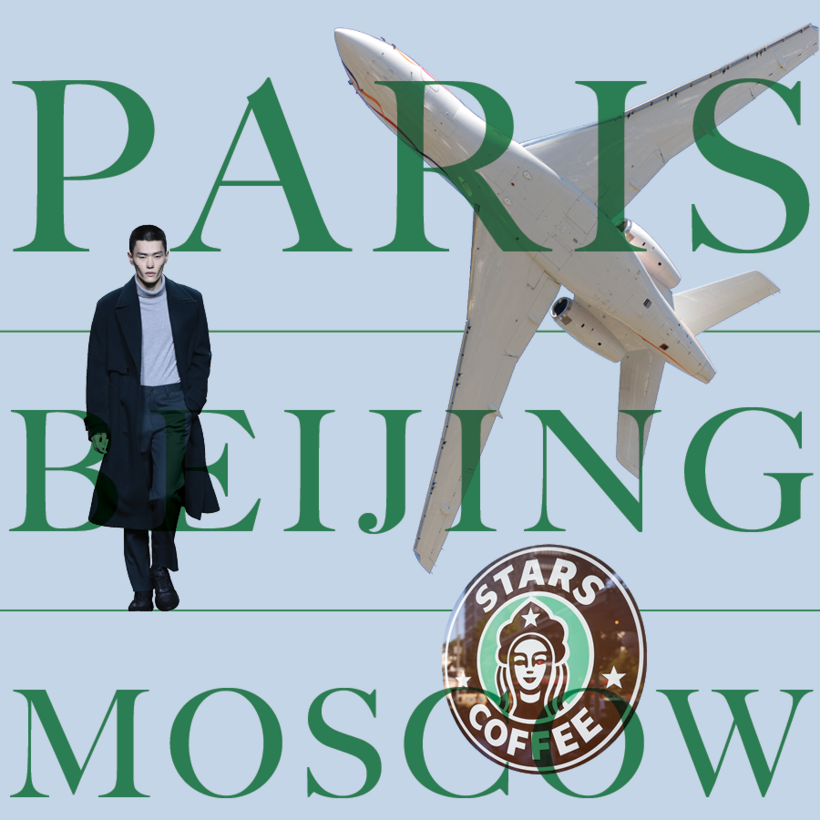In the House of Windsor …
William and Harry’s latest
Prince Harry’s memoir is supposed to be out by the end of the year—maybe; it’s a pity there’s no specific pub date yet or we could start counting the days—but from the sound of things there will be no advance copies for his father or brother. “Sources close to the Prince of Wales indicated that he would have hoped his team would have been sent a copy before it was published,” said The Times of London. “But one said that the book was ‘unlikely to be on his reading list.’” Penguin Random House, the Duke of Sussex’s publisher, described the work as “an intimate and heartfelt memoir from one of the most fascinating and influential global figures of our time” and promised that “Prince Harry will share, for the very first time, the definitive account of the experiences, adventures, losses, and life lessons that have helped shape him.” (Helping to shape Harry’s $20 million book as ghostwriter is J. R. Moehringer, author of The Tender Bar.)
Meanwhile, the Royal Foundation, a charity set up by the Duke and Duchess of Cambridge, “keeps its investments in a bank that is one of the world’s biggest backers of fossil fuels,” reported The Guardian. “In 2021 the charity kept more than £1.1m [$1.3 million] with JP Morgan Chase, according to the most recent filings, and still invests with the corporation, AP reported. The foundation also held £1.7m [$2 million] in a fund run by the British firm Cazenove Capital, according to the 2021 filing, the agency said. As with JP Morgan, it still keeps funds with Cazenove, which in May had securities allegedly linked to deforestation through the use of palm oil.”

